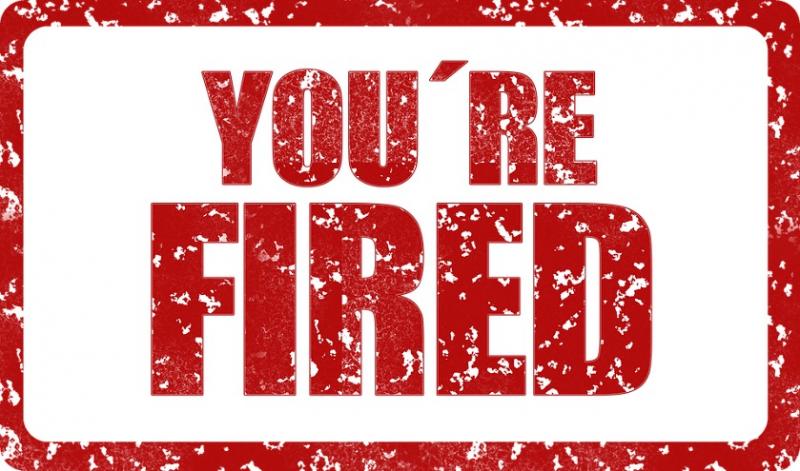What Should I do When I've Been Wrongfully Terminated?

In addition to the obvious financial loss that a person experiences after getting fired, job loss can cause a person to be depressed and stressed at the prospect of looking for another place to work. If you have lost your job, you might be considering suing your ex-employer. Texas is an at-will state, which means you can quit your job at any time for any reason and your employer can fire you at any time for any reason that is not prohibited by law.
Although there are laws protecting people from discrimination and other kinds of unjust termination, sometimes companies violate those laws. It is not always easy to prove that a company has wrongfully fired you and legal representation is a must. However, there are a few things an employee can do to help build a wrongful termination case.
Document Everything
If you are currently experiencing discrimination at work, be sure to document anything that might establish the discrimination. Evidence such as performance reviews, departmental awards and your pay rate compared to those of others in your position may be useful.
When you are actually fired you should ask for a letter detailing the reasons for your dismissal. If they refuse to write a letter, you can write them a letter of understanding listing what you comprehend were the reasons you were fired.
Determine if You Have a Case
Before you file a wrongful termination case, there are a few questions you should ask yourself to determine if your dismissal actually falls into one of the exception categories to the at-will rule.
Was Discrimination Involved?
If you feel that you have experienced discrimination at work based on your religion, race, creed, gender or disability, you should file a complaint with your local EEOC office Or with the Texas Workforce Commission. The offices share work, so you can file with either one of them. It is imperative that you file a charge of discrimination within 180 days of when the discrimination happened. You should receive either a notice of, right to sue or dismissal of your claim within 180 days.
You are legally required to file a complaint with the EEOC before you can file a lawsuit. Once you file a complaint, you will be required to participate in an interview. If both you and your employer agree to mediation, the EEOC or the Texas Workforce Comision can act as a mediator. If mediation doesn’t work, an EEOC official will investigate your claim and you will receive a notice of “right to sue” or dismissal of your claim within 180 days.
Did You Have a Written or Implied Contract?
You may not be considered an at-will employee if you had an employment contract specifying the dates that you would work for the company. If your contract listed the reasons for which you could be terminated and you were dismissed for another reason, you may be able to sue.
Sometimes employers will have what is considered to be an implied contract with their employees. Verbal promises of continued employment may be considered an exception to the at-will rule, but they are awfully hard to prove. When deciding whether or not you and your employer had an implied contract, the court will look at things such as quarterly reviews, promotions and the length of your employment. They will also look at the companies policies for warning employees if they are in danger of termination.
Was There a Breach of Good Faith and Fair Dealing?
If your ex-employer took actions that the court would consider to be unfair, you may have a case against them. For example, if you were a salesperson who depends on a commission and your employer fired you to avoid paying you that commission, it may be considered unfair. If the company transferred you to a position you did not want in order to encourage you to quit, they may have violated the at-will rule.
Was There a Violation of Public Policy?
Your employer may not fire you for taking time off to vote, serve on a jury or serve in the military. They are also not allowed to terminate your employment if you reported them to the authorities for a violation of the law. There is actually a department of the government devoted to protecting whistle-blowers.
Wrongful termination is a serious issue and if a company practices any kind of discrimination, it should have to face repercussions. If you have been unjustly fired in Texas, you should contact Attorneys Steve Thorpe & Carla Hatcher. They can help you get the settlement you deserve.
Authoritative Sources:
More to Read:
Previous Posts:










